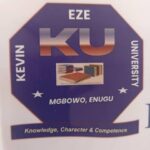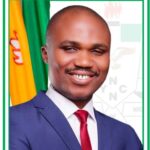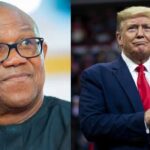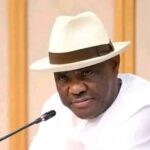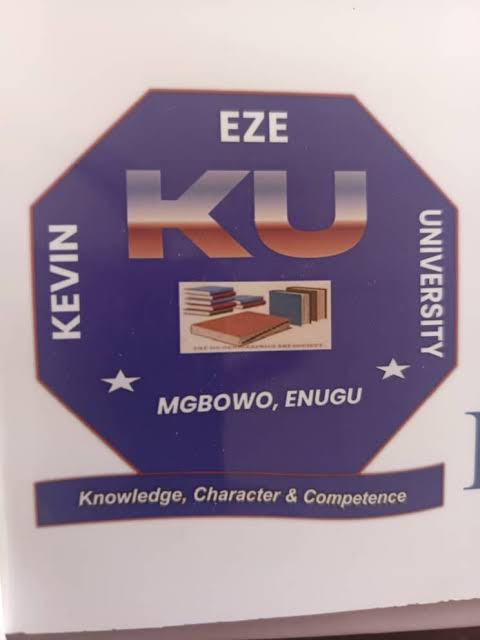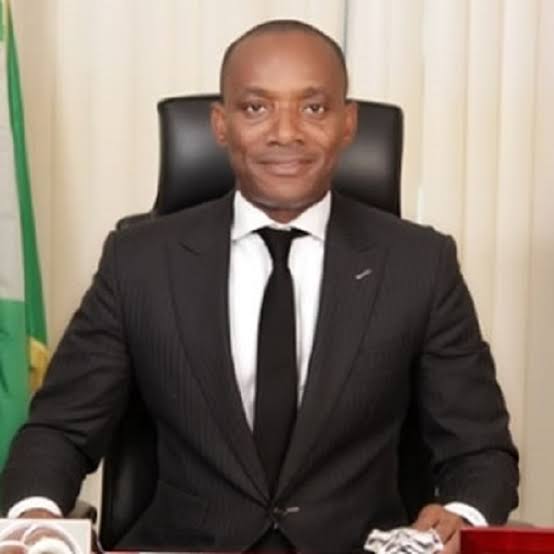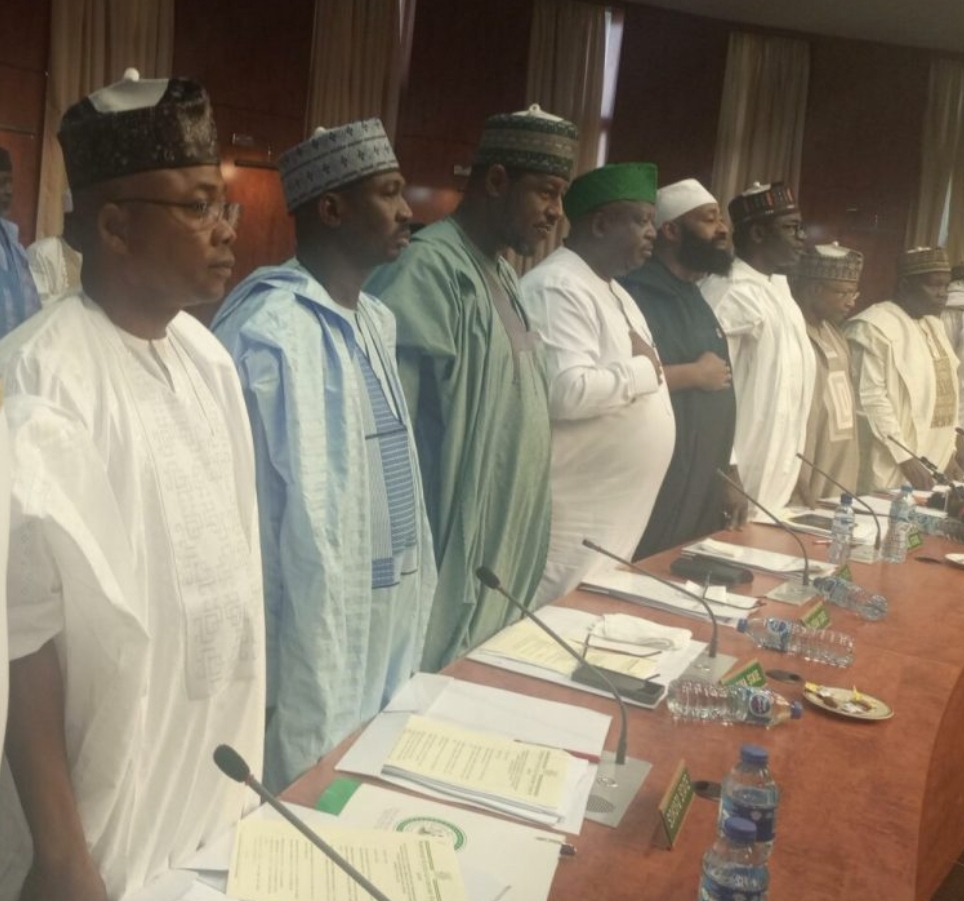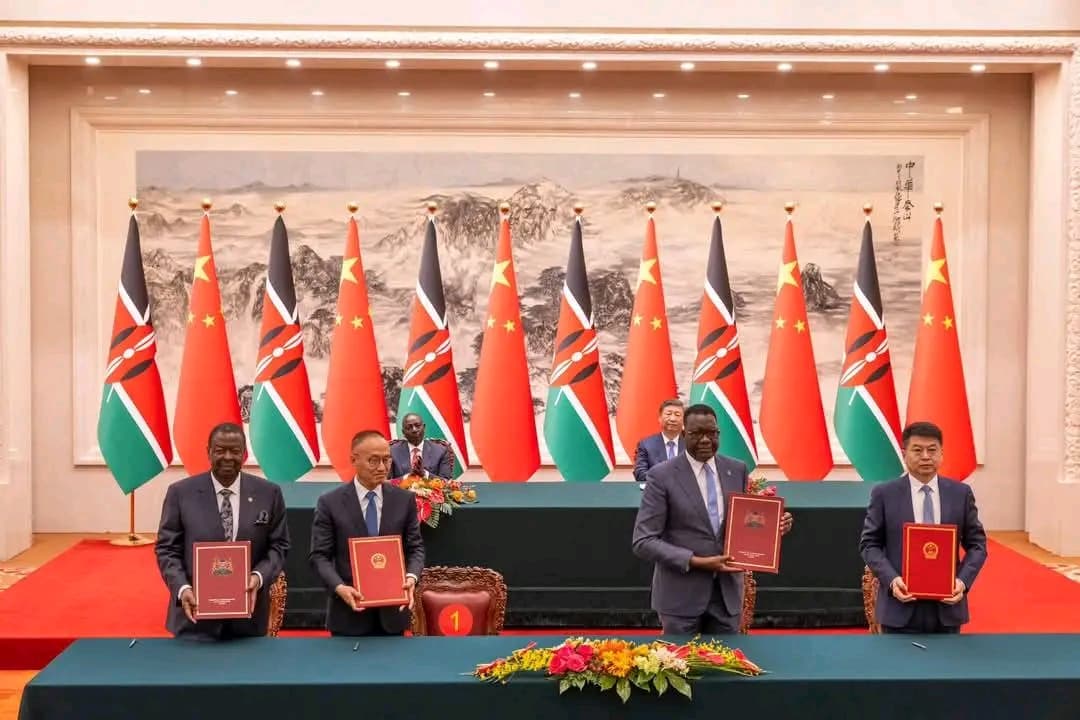By Law Mefor
This Tuesday, in Abuja, the Save Democracy Group – West Africa (SDG-WA) and the Abuja School of Social and Political Thought (TAS) held a policy dialogue. They expressed alarm about the shortcomings of democracy, especially in West Africa, the sub-region where the majority of Black people live, as seen by the military’s increasing reentry into governance. The departure of three founding members of ECOWAS served as the impetus for the shared policy dialogue under reference.
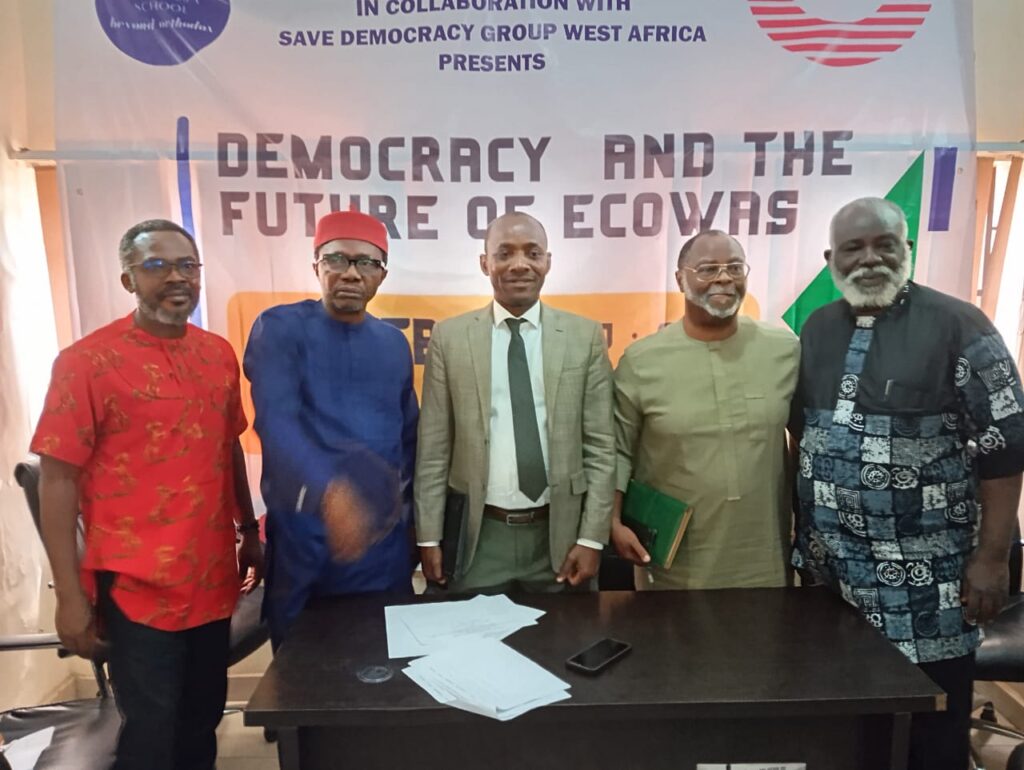
The partnering NGOs said that they will establish a West African Democracy Observatory (WADO) to track the sub-region’s political and governance health by keeping an eye out for warning signs and pursuing remedies before it is too late.
The conclusions reached by TAS and SDG-WA indicate that the fundamental reason democracy is failing in West Africa is poverty and underdevelopment, issues that democracy, as it has been practiced, has not been able to address, leaving the sub-region restive and offering some justification for the return of military forces.
Truly, since 2020, the military has toppled numerous African countries, including Burkina Faso, Niger, Burkina Faso, Guinea, Mali, and Gabon. Serious coup threats also occurred in Sierra Leone and one other country more recently, for which Sierra Leone’s former president is currently living in exile in Nigeria.
Political developments in the sub-region of late have been worrisome, which provided the reason for the formation of SDG-WA as a mediating and interventionist body. The ECOWAS was recently served with notice of the intention to leave the subregional organisation by Niger, Mali, and Burkina Faso, and it was a big blow to the fledgling subregional body.
Remember that the founding goal of the previously 15-nation regional economic bloc in the year 1975 was among other things – “to promote cooperation and integration… to raise the living standards of its peoples, and to maintain and enhance economic stability.” Despite its initial economic goal, the union has gained political clout and is increasingly useful in resolving disputes among its constituents, as evidenced by the most recent instance in Sierra Leone, where a coup was almost executed a few weeks ago.
The three are leaving because of what they considered to be cruel, illegal, and unlawful sanctions and accusing ECOWAS of abandoning Pan-Africanism and the principles of the founding fathers. The three nations released a statement saying, “ECOWAS, under the influence of foreign powers, betraying its founding principles, has become a threat to its member states and its populations whose happiness it is supposed to ensure.”
Initially, these nations were placed under provisional suspension by ECOWAS in retaliation for their respective military takeovers. However, the suspension of each nation did not stop the other’s forces from carrying out their coup and may not do so in the future if certain remedial actions are not taken.
At a time when military coups seem to be on the rise, the departure of these nations may be a setback to ECOWAS’s attempts to fortify democracy in the sub-region. This new scenario, of course, affects not only the continent and the sub-region but also the countries that are pulling out. Economic and political repercussions are inevitable. For instance, will the withdrawing countries still permit financial operations in the West African Monetary Union and use the West African Bank when both come into force?
Security issues exist in addition to political and economic ones. Their already porous borders may become even more porous as the withdrawing countries continue to seek out alternate sources of security for their states—a crucial commitment made by the juntas to their people upon seizing power. They can unwittingly allow criminal gangs, bandits and terrorists to penetrate and freely operate through their borders.
Remember that while the three nations may only account for 6–7% of the subregion’s GDP, they control 55% of its landmass, which they can offer any superpower that is ready to come to their aid and even for proxy wars.
In another instance, before the coup of last year, Niger was a part of the Multinational Joint Task Force (MNJTF), which was established by surrounding nations (Nigeria, Niger, Chad, Cameroon, and Benin) to pool intelligence and combat transnational terrorist organisations. With the pulling out of the Niger Republic and the other two, there is certainly a problem with the exit of the three.
TAS and SDG-WA therefore believe that ECOWAS should truly promote democracy by undertaking significant reforms. These reforms should focus on liberal democracy’s guiding principles, such as accountability, the rule of law for everyone, including the powerful, and complete surrender to free, fair, and credible elections.
The subregion’s presidents’ terms of office must be unchangeably fixed, and free, fair, and credible elections must be endorsed and enforced by the ECOWAS if the Commission and democracy will survive in the sub-region. The sub-regional body must readily impose sanctions on its members who subvert democracy and on its nations’ presidents who would want to sit tight in office.
The ECOWAS must concur and seriously commit to a limit on the number of terms that presidents of the subregion’s countries may hold office as well as on free, fair, and credible elections. Treating the issue of tenure and mode of election as internal affairs of the member nations is an aberration.
So, the decision of SDG-WA and The Abuja School to set up the West Africa Democracy Observatory (WADO) to function as a gauge for agenda-setting and tracking advancements in democracy throughout West Africa is indeed a noble and timely one.
The two NGOs said WADO is to gather and analyse data, which means they are likely to establish outposts of the Observatory in every nation in West Africa.
WADO will therefore help in identifying the reason why democracy is being questioned in West Africa and the fault lines in the way democracy has been practiced, which has led to what many have correctly described as “democracy without election and development.”
Yes, SDG-WA and TAS recognise that democracy, as it exists in the West African sub-region, is, at best, a mere civil rule and has not lived up to the fundamental requirements of true democracy, which include free, fair, and credible elections; strong opposition parties; a free press; the rule of law; and many other things. However, SDG-WA and TAS believe that abandoning democracy and welcoming the return of the military is not the right path to take to advance development and peace in the subcontinent.
In their opinion, the proper course of action would be to labour diligently to establish genuine democracy by eliminating all institutional and legal barriers and introducing modernity and technology to return power to the people. In this manner, the subregion’s citizens will always be able to choose who will represent and govern them, which is the hallmark of democracy.
If rationally pursued by SDG-WA and TAS with cooperation from all stakeholders, including the media and international communities, the proposed West African Democracy Observatory (WADO) by the two NGOs should be a game changer.
·Dr. Law Mefor, an Abuja-based forensic and social psychologist, is a fellow of The Abuja School of Social and Political Thoughts; drlawmefor@gmail.com; Twitter: @Drlawsonmefor

